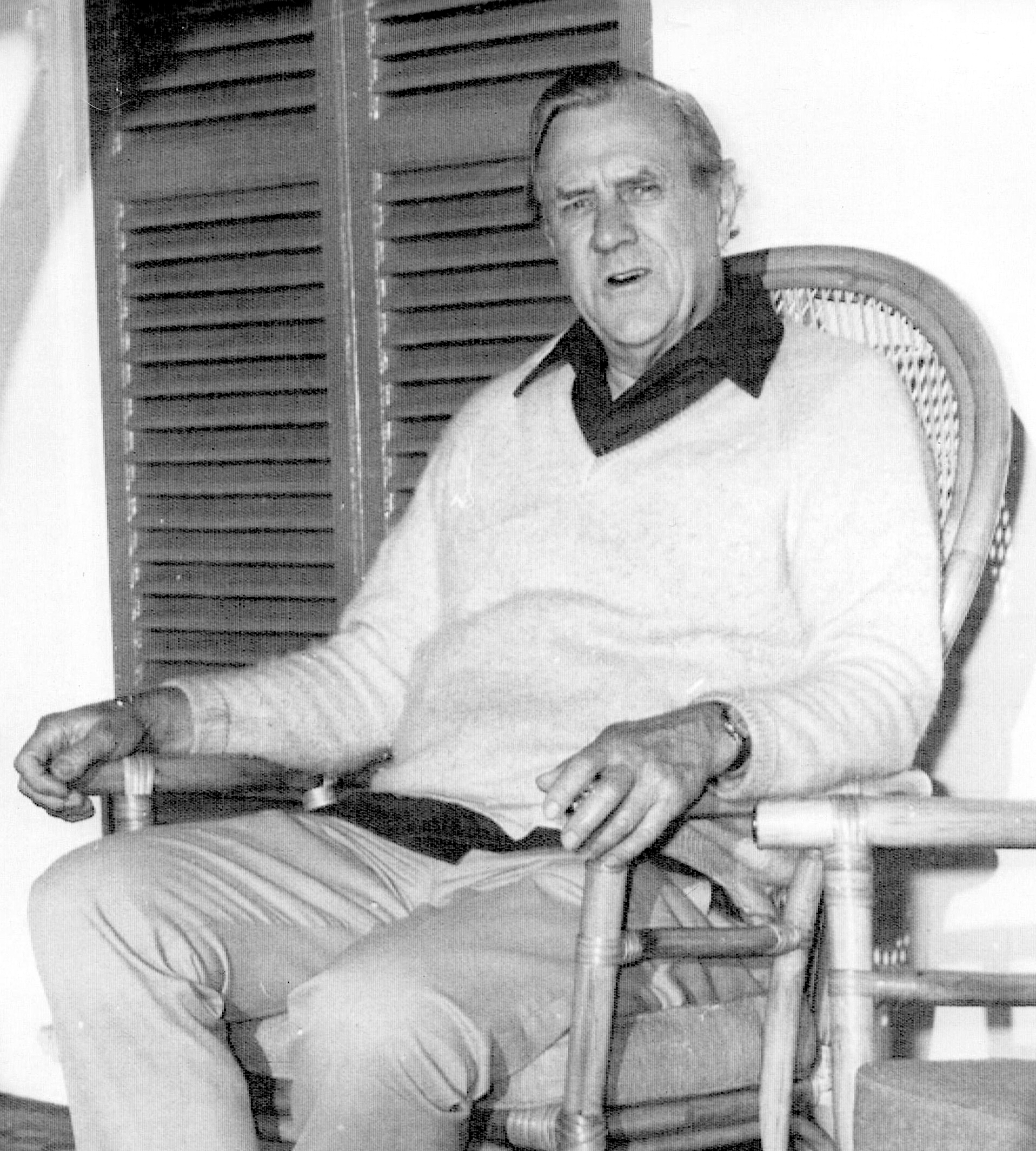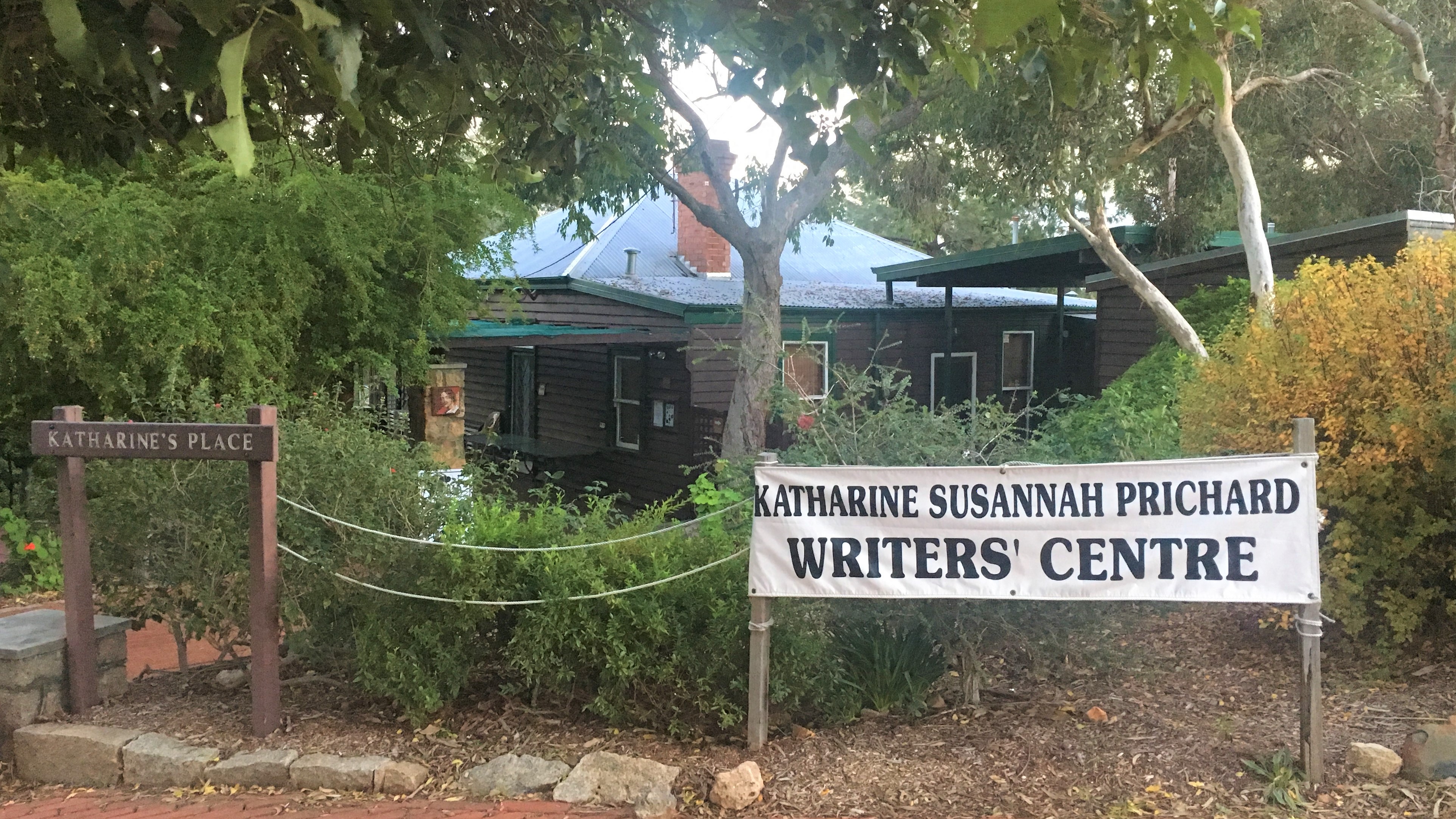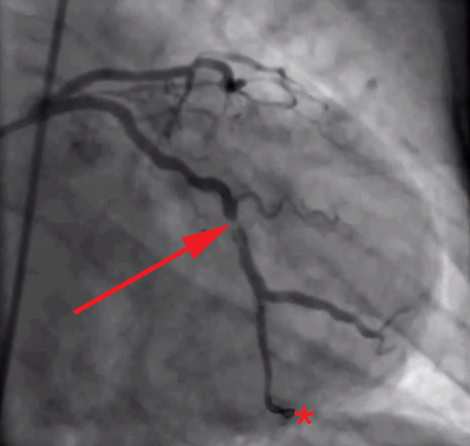|
Pinchas Goldhar
Pinchas Goldhar (14 June 1901 – 25 January 1947) was a Polish and then Australian writer and translator, who wrote mainly in the Yiddish language. Early life and career Pinchas Goldhar was born in Lodz, Poland, then part of Russia, on 14 June 1901, the oldest of four siblings of Jacob Goldhar (1878 - 1945), a dyer, and Rachel Goldhar (née Hirshkowitz). Pinchas had a Jewish high school and university education. By 1922 Goldhar was working for the daily Lodz Yiddish newspaper ''Lodzsher Togblat'' ("The Lodz Daily"). Around this time Yiddish literature was experiencing somewhat of a renaissance in Poland, and Goldhar quickly became a Yiddish writer of note. He translated many German and French novels into Yiddish. One of the stories he translated was The Weavers by the German writer Gerhart Hauptmann. After Goldhar translated this story it became a favorite of the Yiddish stage. In Australia In Poland anti-Semitism was increasing, and to escape it, Jacob Goldhar, now a wido ... [...More Info...] [...Related Items...] OR: [Wikipedia] [Google] [Baidu] |
Łódź
Łódź, also rendered in English as Lodz, is a city in central Poland and a former industrial centre. It is the capital of Łódź Voivodeship, and is located approximately south-west of Warsaw. The city's coat of arms is an example of canting, as it depicts a boat ( in Polish), which alludes to the city's name. As of 2022, Łódź has a population of 670,642 making it the country's fourth largest city. Łódź was once a small settlement that first appeared in 14th-century records. It was granted town rights in 1423 by Polish King Władysław II Jagiełło and it remained a private town of the Kuyavian bishops and clergy until the late 18th century. In the Second Partition of Poland in 1793, Łódź was annexed to Prussia before becoming part of the Napoleonic Duchy of Warsaw; the city joined Congress Poland, a Russian client state, at the 1815 Congress of Vienna. The Second Industrial Revolution (from 1870) brought rapid growth in textile manufacturing and in po ... [...More Info...] [...Related Items...] OR: [Wikipedia] [Google] [Baidu] |
Gerhart Hauptmann
Gerhart Johann Robert Hauptmann (; 15 November 1862 – 6 June 1946) was a German dramatist and novelist. He is counted among the most important promoters of literary naturalism, though he integrated other styles into his work as well. He received the Nobel Prize in Literature in 1912. Life Childhood and youth Gerhart Hauptmann was born in 1862 in Obersalzbrunn, now known as Szczawno-Zdrój, in Lower Silesia (then a part of the Kingdom of Prussia, now a part of Poland). His parents were Robert and Marie Hauptmann, who ran a hotel in the area. As a youth, Hauptmann had a reputation of being loose with the truth. His elder brother was Carl Hauptmann. Beginning in 1868, he attended the village school and then, in 1874, the Realschule in Breslau for which he had only barely passed the qualifying exam. Hauptmann had difficulties adjusting himself to his new surroundings in the city. He lived, along with his brother Carl, in a somewhat run-down student boarding house before fin ... [...More Info...] [...Related Items...] OR: [Wikipedia] [Google] [Baidu] |
Stephen Murray-Smith
Stephen Murray-Smith AM (9 September 1922 – 31 July 1988) was an Australian writer, editor and educator. Early life and education Murray-Smith's father ran a lucrative business shipping Australian horses to India for the armed forces. It enabled the family to live in Toorak, one of Melbourne's wealthiest suburbs, and to send Stephen to board at Geelong Grammar School from 1934. He described his home as "bookless", adding however that his mother was "a voracious reader all her life", getting her books from the circulating and public libraries. The business, and the wealth, came "to a dead end in 1938, when the Indian army mechanised", but generosity from the school and from Murray-Smith's grandfather allowed him to remain at Geelong Grammar and complete his schooling in 1940. Murray-Smith later described Geelong Grammar as "a good but conservative middle-class school". In his position as secretary of the Public Affairs Society at the school he "invited Ralph Gibson of the Com ... [...More Info...] [...Related Items...] OR: [Wikipedia] [Google] [Baidu] |
Australian Literature
Australian literature is the literature, written or literary work produced in the area or by the people of the Australia, Commonwealth of Australia and its preceding colonies. During its early Western civilisation, Western history, Australia was a collection of British colonies; as such, its recognised literary tradition begins with and is linked to the broader tradition of English literature. However, the narrative art of Australian writers has, since 1788, introduced the character of a new continent into literature—exploring such themes as Aboriginal Australians, Aboriginality, ''mateship'', egalitarianism, democracy, national identity, migration, Australia's unique location and geography, the complexities of urban living, and "My Country, the beauty and the terror" of life in the Australian bush. Overview Australian writers who have obtained international renown include the Nobel Prize for Literature, Nobel-winning author Patrick White, as well as authors Christina Stead, D ... [...More Info...] [...Related Items...] OR: [Wikipedia] [Google] [Baidu] |
Vance Palmer
Edward Vivian "Vance" Palmer (28 August 1885 – 15 July 1959) was an Australian novelist, dramatist, essayist and critic. Early life Vance Palmer was born in Bundaberg, Queensland, on 28 August 1885 and attended the Ipswich Grammar School. With no university in Queensland, he studied contemporary Australian writing at the intellectual hub in Brisbane at the time, the School of Arts, following the work of A. G. Stephens. Working in various jobs, he took a position as a tutor at Abbieglassie cattle station, west of Brisbane in the 'back of beyond'. He also worked as a manager: at that time there was a large Aboriginal population with whom he both worked and celebrated, attending their frequent corroborrees. It was here his love of the land and environmental awareness was honed, so too his interest in white black relationships. From his early years he was determined to be a writer, and in 1905 and again in 1910 he went to London, then the centre of Australia's cultural universe, t ... [...More Info...] [...Related Items...] OR: [Wikipedia] [Google] [Baidu] |
Alan Marshall (Australian Writer)
Alan Marshall , (2 May 1902 – 21 January 1984) was an Australian writer, story teller, humanist and social documenter. He received the Australian Literature Society Short Story Award three times, the first in 1933. His best known book, ''I Can Jump Puddles'' (1955) is the first of a three-part autobiography. The other two volumes are ''This is the Grass'' (1962) and ''In Mine Own Heart'' (1963). Life and work Marshall was born in Noorat, Victoria. At six years old he contracted polio, which left him with a physical disability that grew worse as he grew older. From an early age, he resolved to be a writer, and in ''I Can Jump Puddles'' he demonstrated an almost total recall of his childhood in Noorat. The characters and places of his book are thinly disguised from real life: ''Mount Turalla'' is Mount Noorat, ''Lake Turalla'' is Lake Keilambete, the ''Curruthers'' are the ''Blacks'', Mrs. Conlon is Mary Conlon of Dixie, Terang, and his best friend, ''Joe'' from the books, i ... [...More Info...] [...Related Items...] OR: [Wikipedia] [Google] [Baidu] |
Frank Dalby Davison
Frank Dalby Davison (23 June 1893 – 24 May 1970), also known as F. D. Davison and Freddie Davison, was an Australian novelist and short story writer. Whilst several of his works demonstrated his progressive political philosophy, he is best known as "a writer of animal stories and a sensitive interpreter of Australian bush life in the tradition of Henry Lawson, Joseph Furphy and Vance Palmer."Wilde et al. (1994) p. 221 His most popular works were two novels, ''Man-shy'' and ''Dusty'', and his short stories. Life Davison was born in Hawthorn, Victoria, and christened as Frederick Douglas Davison. His father was Frederick Davison, a printer, publisher, editor, journalist and writer of fiction; and his mother was Amelia, née Watterson. He was their eldest child.Darby (1993) He went to Caulfield State School, but left when he was 12, and worked on his father's land at Kinglake in the mountain range north of Melbourne,Smith (1980) p. 172 before moving to the United States ... [...More Info...] [...Related Items...] OR: [Wikipedia] [Google] [Baidu] |
Katharine Susannah Prichard
Katharine Susannah Prichard (4 December 18832 October 1969) was an Australian author and co-founding member of the Communist Party of Australia. Early life Prichard was born in Levuka, Fiji in 1883 to Australian parents. She spent her childhood in Launceston, Tasmania, then moved to Melbourne, where she won a scholarship to South Melbourne College. Her father, Tom Prichard, was editor of the Melbourne '' Sun'' newspaper. She worked as a governess and journalist in Victoria, then travelled to England in 1908. Her first novel, ''The Pioneers'' (1915), won the Hodder & Stoughton All Empire Literature Prize.Throssel, Ric "Katharine Susannah Prichard 1883–1969", The Katharine Susannah Prichard Writers Centre (website) After her return to Australia, t ... [...More Info...] [...Related Items...] OR: [Wikipedia] [Google] [Baidu] |
Henry Lawson
Henry Archibald Hertzberg Lawson (17 June 1867 – 2 September 1922) was an Australian writer and bush poet. Along with his contemporary Banjo Paterson, Lawson is among the best-known Australian poets and fiction writers of the colonial period and is often called Australia's "greatest short story writer". A vocal nationalist and republican, Lawson regularly contributed to ''The Bulletin'', and many of his works helped popularise the Australian vernacular in fiction. He wrote prolifically into the 1890s, after which his output declined, in part due to struggles with alcoholism and mental illness. At times destitute, he spent periods in Darlinghurst Gaol and psychiatric institutions. After he died in 1922 following a cerebral haemorrhage, Lawson became the first Australian writer to be granted a state funeral. He was the son of the poet, publisher and feminist Louisa Lawson. Family and early life Henry Lawson was born 17 June 1867 in a town on the Grenfell goldfields of ... [...More Info...] [...Related Items...] OR: [Wikipedia] [Google] [Baidu] |
Coronary Thrombosis
Coronary thrombosis is defined as the formation of a blood clot inside a blood vessel of the heart. This blood clot may then restrict blood flow within the heart, leading to heart tissue damage, or a myocardial infarction, also known as a heart attack. Coronary thrombosis is most commonly caused as a downstream effect of atherosclerosis, a buildup of cholesterol and fats in the artery walls. The smaller vessel diameter allows less blood to flow and facilitates progression to a myocardial infarction. Leading risk factors for coronary thrombosis are high LDL cholesterol, smoking, sedentary lifestyle, and hypertension. Signs and symptoms A coronary thrombus is asymptomatic until it causes significant obstruction, leading to various forms of angina or eventually a myocardial infarction. Common warning symptoms are crushing chest pain, shortness of breath, and upper body discomfort. Pathogenesis Coronary thrombosis and myocardial infarction are sometimes used as synonyms, alt ... [...More Info...] [...Related Items...] OR: [Wikipedia] [Google] [Baidu] |
English Language
English is a West Germanic language of the Indo-European language family, with its earliest forms spoken by the inhabitants of early medieval England. It is named after the Angles, one of the ancient Germanic peoples that migrated to the island of Great Britain. Existing on a dialect continuum with Scots, and then closest related to the Low Saxon and Frisian languages, English is genealogically West Germanic. However, its vocabulary is also distinctively influenced by dialects of France (about 29% of Modern English words) and Latin (also about 29%), plus some grammar and a small amount of core vocabulary influenced by Old Norse (a North Germanic language). Speakers of English are called Anglophones. The earliest forms of English, collectively known as Old English, evolved from a group of West Germanic ( Ingvaeonic) dialects brought to Great Britain by Anglo-Saxon settlers in the 5th century and further mutated by Norse-speaking Viking settlers starting in ... [...More Info...] [...Related Items...] OR: [Wikipedia] [Google] [Baidu] |
Isaac Bashevis Singer
Isaac Bashevis Singer ( yi, יצחק באַשעװיס זינגער; November 11, 1903 – July 24, 1991) was a Polish-born American Jewish writer who wrote and published first in Yiddish and later translated himself into English with the help of editors and collaborators. He was awarded the Nobel Prize for Literature in 1978. A leading figure in the Yiddish literary movement, he was awarded two U.S. National Book Awards, one in Children's Literature for his memoir '' A Day of Pleasure: Stories of a Boy Growing Up in Warsaw'' (1970) and one in Fiction for his collection '' A Crown of Feathers and Other Stories'' (1974). Life Isaac Bashevis Singer was born in 1903 to a Jewish family in Leoncin village near Warsaw, Poland. The Polish form of his birth name was Icek Hersz Zynger. The exact date of his birth is uncertain, but most sources say it was probably November 11, a date similar to the one that Singer gave to his official biographer Paul Kresh, his secretary Dvorah Te ... [...More Info...] [...Related Items...] OR: [Wikipedia] [Google] [Baidu] |




